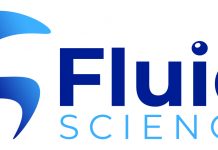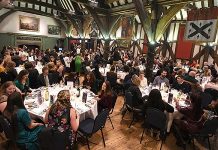The Sussex Drug Discovery Centre – part of the School of Life Sciences at the University of Sussex – has been awarded £1.8 million by the Medical Research Council to use biology and chemistry to combat the side effects of anxiety drugs like Valium.
Led by Professors John Atack, Simon Ward and Martin Gosling, the team at the centre will use biological and medicinal chemistry methods to develop next-generation drugs. Their aim is to identify a non-sedating anxiolytic – in other words, Valium without the side effects.
Saving rare elements
A research team including the University of Liverpool, University College London and Binghamton University has demonstrated a new semiconductor material made from abundant elements instead of rare ones. Semiconductors, used in everything from smart phones to solar panels, rely on rare elements such as tellurium, gallium and indium. Researchers focused on zinc tin nitride, which has been recently synthesized by research groups around the world using zinc and tin, readily available through recycling facilities. The research was funded by the UK Engineering and Physical Science Research Council and US National Science Foundation.
Teachers sought
The Royal Society of Chemistry is offering scholarships of £25,000 to chemistry graduates who want to become teachers. The Department for Education (DfE) has announced the scholarships in partnership with the RSC, to attract high calibre graduates into teaching chemistry. More information is available at www.rsc.org/news-events/rsc-news/articles/2015/oct/nurturing-the-scientists-of-tomorrow/














